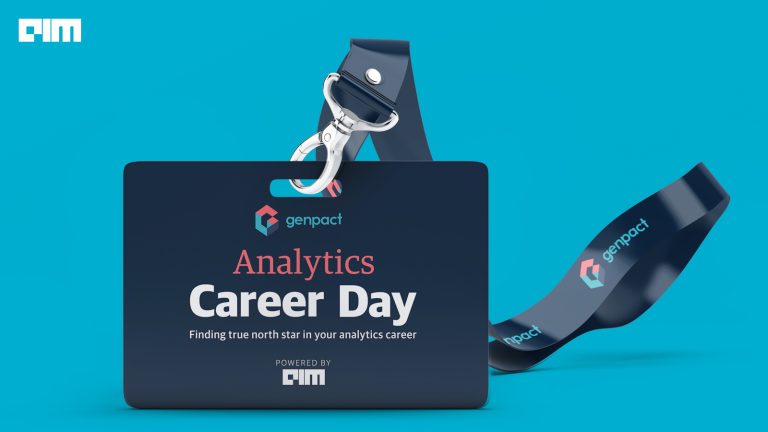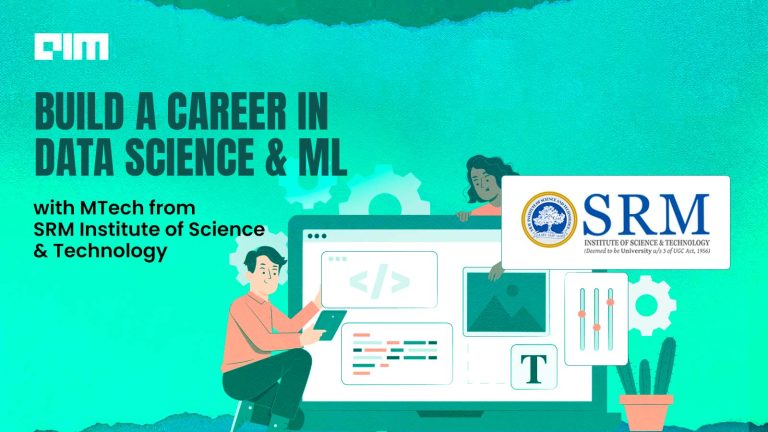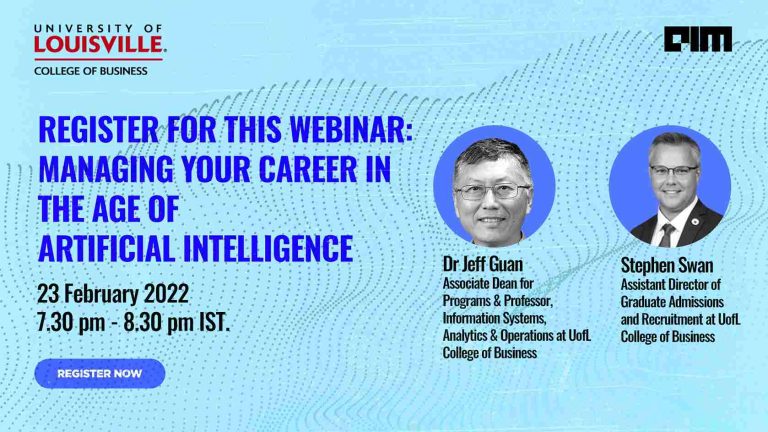Life has its twists and turns, and at times, some of us might have to take a break from our active careers for various reasons – caregiving, raising a family, recovering from an illness, and so on. I have observed this happen many times around me amongst my friends and colleagues. A lot of those returning to work are looking to move to the data space, and I get into quite a few conversations on this. I’m trying to pen some observations I have had. I have been leading data technology and analytics teams over the years across organisations, and some of this stems from that vantage point.
A recent report by the US Bureau of Labor Statistics states that data science and related fields will create roughly 11.5 million job openings by 2026 globally. It’s indeed a great career stream to pursue. People looking to pivot from their current jobs and those looking at relaunching their career after a sabbatical – data related careers welcome all.
Getting into data careers after a career break
Careers in data follow multiple paths such as Data Management, Data Engineering, Data Science and a few other related sub-specialities. It’s important to get a broad sense of what you would like to spend your immediate years in. For instance, if you feel visualisation is your cup of tea, then moving on that path to use analytical tools to tell a story is what you must focus on. If you are a techie at heart and are enthused by writing ingestion routines to move sets of data, then data engineering is what you must get behind, and so on.
Once you have a broad idea, look to your network or those of your friends. You will always find someone in your circles who has moved to a similar role or is preparing to move, coming from a different specialisation. Talk to them and find out more about what the industry trends look like, as well as what your own primary research is telling you. Then begins your focused search for suitable roles in that space. Turn up at a few conferences related to data topics, participate in hackathons if that’s your thing, and all of that will give you a broad perspective on what the contemporary asks are. Blogs and articles help you display your subject matter expertise. Link your past expertise to the data focus you are now seeking to bring into your role. Have that story ready.
Eventually, you will land that role that you sought. Perseverance always pays off.
It’s a numbers game
So who is the ideal candidate? The IT industry, and increasingly other sectors too, are realising that aptitude – one’s natural leanings or strengths – is more important than merely having qualifications and certifications. For data science, irrespective of the sub-stream you pick, the top-level requirement, in my opinion, is that you should be a numbers person. And by that, I don’t mean advanced calculus or mental maths. Do you find yourself questioning statistics you see in the news? You can’t help but try finding patterns or drawing relationships with different numbers pertaining to the same subject? It bothers you if the numbers don’t add up and you are convinced there must be another parameter not examined? If this is you, then it’s already a great start.
Learning before, during and on the job
Equally important is an aptitude for learning, both formal and on the job. Most people understand the learning requirements for certifications and courses on platforms like Coursera or edX that can help land the job, but they underestimate the learning needed after landing the role.
Your organisation is likely to have its own specialised learning modules that you’ll have to pick up. And then there will be plenty of on-the-job learning too. Note that data as a field and the technologies around it are evolving even as this piece is being written. Everyone, including experienced professionals, often find themselves learning on the job.
The industry has made it easy with self-paced learning and a variety of content to choose from (in my organisation today, we have over 60,000 e-learning assets, as an example). The onus is still on you to pick new skills and assimilate the knowledge that you need for the job today while also constantly keeping an eye out for upskilling.
Practice, build something
It’s one thing to build something as part of a course you have picked up, but a wholly different experience to do a project for the sake of it, on an idea that is yours. It needn’t be complex, and you can use publicly available data sets. At the proverbial interview table, you can convince the interviewers that you are more than the certifications in your resume.
Sure, data careers are a great place to be in and are desirable roles for now as far as technology career options go. My suggestion for anyone looking to jump streams is to evaluate if they would truly like the requirements of the new role. Make sure you choose it for the right reasons, and you are prepared to put in the learning hours needed.
The industry is warming up to the idea of sabbatical, and there’s never been a better time for someone on a break from work to get back. This certainly wasn’t the case when I started my career. Use the time to prep yourself for the next stage of your career. And, if it’s a data related career that you pick, you are getting right into the heart of technology action. If data science does not work out for you, do not forget that the technology landscape, and in fact the world itself, has plenty of options.
Wishing everyone a great new year!
This article is written by a member of the AIM Leaders Council. AIM Leaders Council is an invitation-only forum of senior executives in the Data Science and Analytics industry. To check if you are eligible for a membership, please fill the form here.



















































































